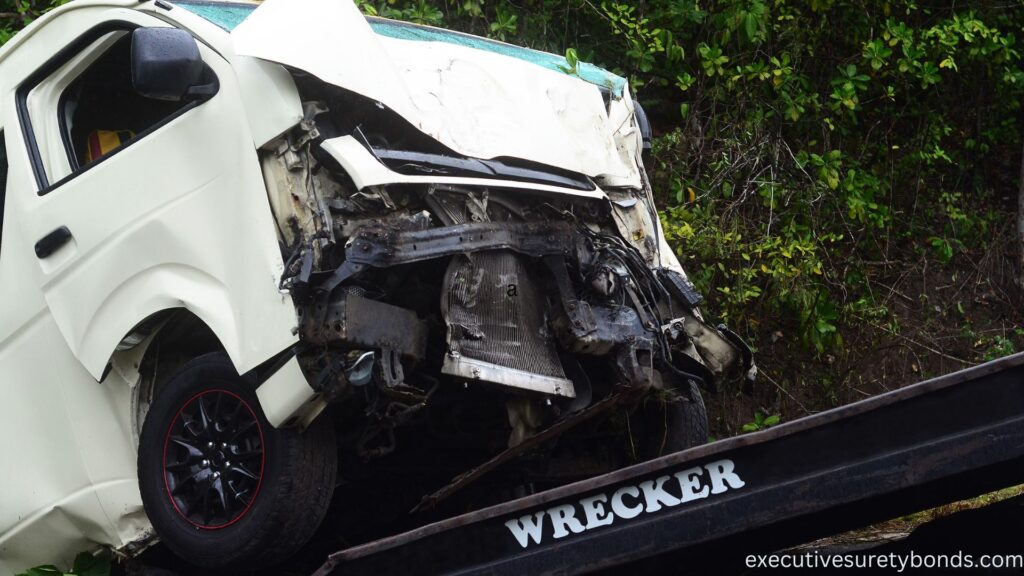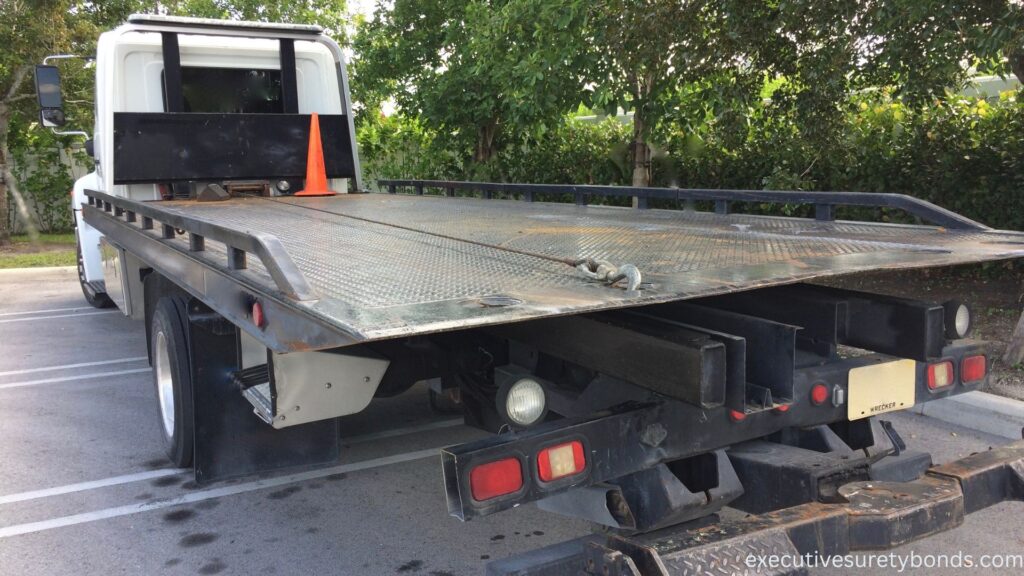Introduction
When your car breaks down or is involved in an accident, you might need the services of a motor vehicle wrecker to tow it to safety. But have you ever wondered how these towing companies are held accountable for their actions and financial responsibilities? The answer lies in the Washington Motor Vehicle Wrecker $1,000 Bond, which plays a crucial role in ensuring that these businesses operate responsibly and ethically.
Understanding the Motor Vehicle Wrecker $1,000 Bond
The Motor Vehicle Wrecker $1,000 Bond is a type of surety bond required by the Washington State Department of Licensing (DOL) from businesses that provide motor vehicle wrecking and towing services. It serves as a financial guarantee that these businesses will conduct their operations in compliance with state laws and regulations.
Why Does the Motor Vehicle Wrecker $1,000 Bond Matter?
- Consumer Protection: One of the primary purposes of this bond is to protect consumers. When your car is towed, you want to ensure that it’s handled with care and that you won’t be overcharged for the service. The bond provides a layer of financial protection for consumers in case a wrecker engages in unethical practices.
- Legal Compliance: The bond ensures that motor vehicle wreckers adhere to state laws and regulations governing their industry. This includes proper handling of vehicles, transparent pricing, and compliance with licensing requirements. Non-compliance can result in the bond being used to cover damages or fines.
- Financial Responsibility: In case a wrecker causes damage to a vehicle during the towing process or fails to return a vehicle to its owner, the bond can be used to compensate the affected parties. This helps ensure that wreckers are financially responsible for their actions.
How Does the Bond Work?
Let’s say you own a motor vehicle wrecker company in Washington. To operate legally, you must obtain the Motor Vehicle Wrecker $1,000 Bond. If your business is found to be in violation of state laws or regulations, such as overcharging customers or damaging vehicles during towing, a claim can be filed against the bond. If the claim is valid, the bond will provide compensation to the affected parties.
Conclusion
The Washington Motor Vehicle Wrecker $1,000 Bond is not just a piece of paper; it’s a critical safeguard for consumers and a tool for ensuring that motor vehicle wrecker businesses operate responsibly and ethically. The next time you need a tow, you can have peace of mind knowing that this bond is there to protect your interests and hold wreckers accountable for their actions.
Frequently Asked Questions
Can a motor vehicle wrecker company operate without a Motor Vehicle Wrecker Bond in Washington?
No, motor vehicle wrecker companies are legally required to obtain the Motor Vehicle Wrecker $1,000 Bond to operate in Washington. Failure to obtain and maintain this bond can result in penalties, fines, and the suspension or revocation of the company’s towing license.
What happens if a consumer believes they’ve been overcharged or mistreated by a wrecker company?
If a consumer believes they have been overcharged or mistreated by a wrecker company, they can file a complaint with the Washington State Department of Licensing (DOL). The DOL investigates such complaints and may take action against the wrecker company, including potentially using the bond to compensate the consumer for any proven wrongdoing.
Is the bond amount of $1,000 sufficient to cover potential damages or disputes with wrecker companies?
The $1,000 bond amount is the minimum required by the state of Washington. While it provides a basic level of financial protection, it may not cover all potential damages or disputes. In cases where significant financial harm or violations occur, affected parties may pursue additional legal action against the wrecker company beyond the bond amount to seek full compensation.

